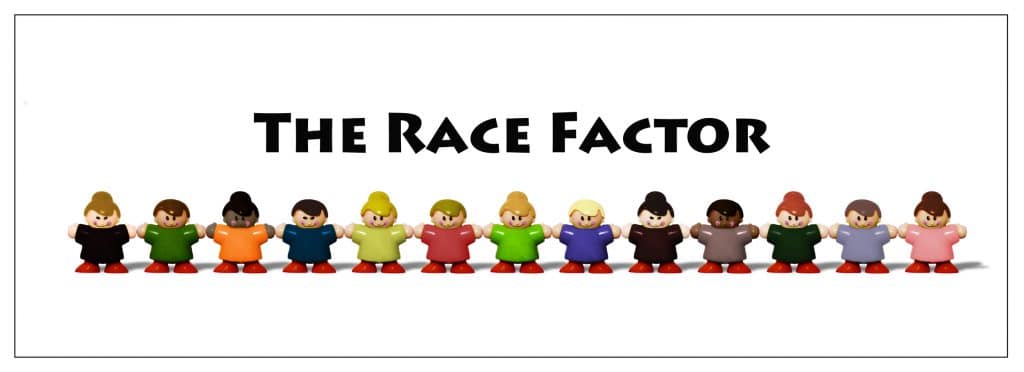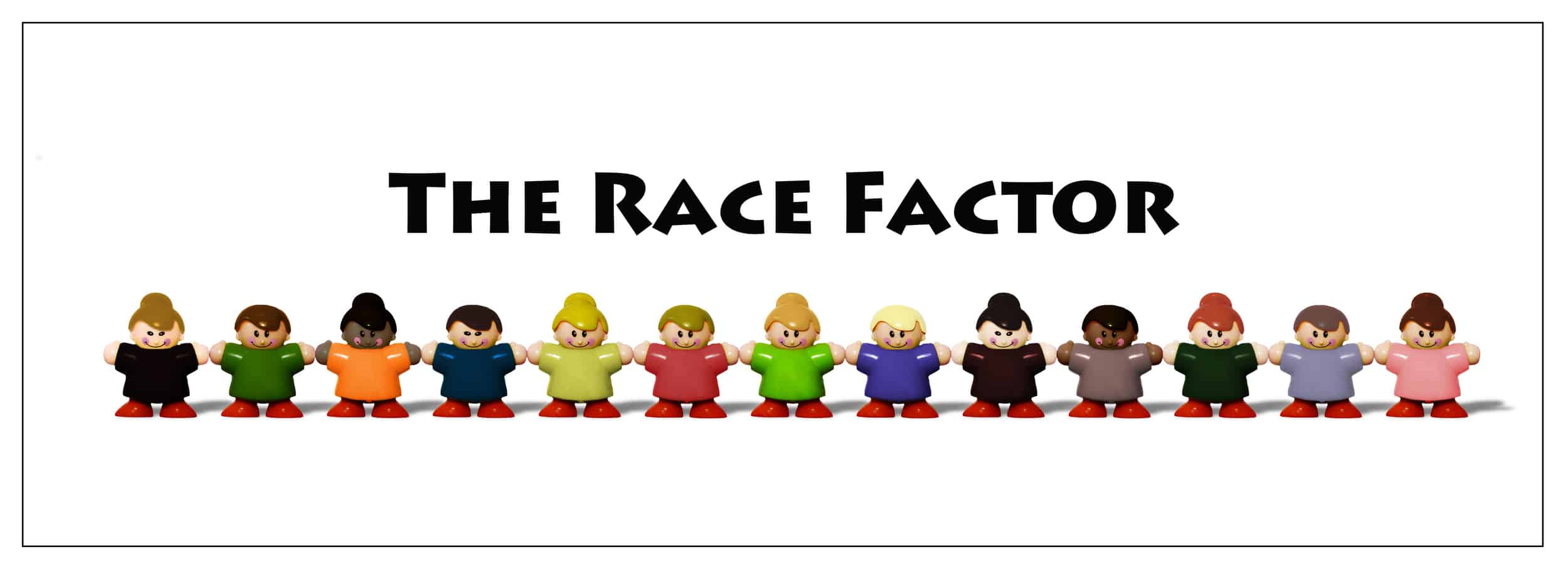
The Race Factor: Incidents of racism popping up across college campuses
Megan Conley, Staff Writer
Graphic courtesy of Megan Conley.
A university is seen as a place for learning and growth, but a large number of institutions across the country are having to recover from recent bouts with racism on campus.
A number of incidents have surfaced lately, with Clemson University being one of the most recent. In December, members of the Sigma Alpha Epsilon fraternity held a “Cripmas” party at which guests came dressed like gang members, wearing red and black bandanas and Tupac shirts.
After the party, pictures of the event surfaced on social media and the university received criticism from students stating that it does not work hard enough to promote racial tolerance.
The national branch of the Sigma Alpha Epsilon fraternity responded by suspending two dozen members as well as other chapter leaders after the event. The national branch also released a statement on April 6 stating that the actions were inexcusable and inappropriate, and apologized to Clemson for the incident.
Members of a fraternity at the University of Oklahoma caused discontent when a video surfaced of them repeating a racial slur. The president of the university responded by cutting the school’s ties with Sigma Alpha Epsilon, the fraternity at fault for the incident.
Although more recent incidents involve racism against African Americans, there have also been incidents against other races. The Duke University chapter of the Kappa Sigma fraternity was suspended after photos surfaced of partiers in Asian style clothing. The Chi Omega sorority at Penn State was closed after a photo appeared of members wearing sombreros, fake mustaches and holding offensive signs.
Other schools with incidents include University of Maryland, University of Pennsylvania, University of Connecticut, Lehigh University, University of Mississippi, University of Florida, University of Alabama, Dartmouth College, Washington University and Arizona State University.
Paul Thompson, professor at North Greenville University, gave insight as to why people act on racism and what causes this type of thinking.
“The lack of diversity in a fraternity certainly encourages racial expressions. Whatever the group or issue is, if everybody is one, it’s easy to make fun of the other,” said Thompson.
Thompson, head of the history department and head of the Faith, Race, and Culture Committee, Thompson states that the definition of racism must be considered when observing incidents.
“The academic definition of racism is that racism is a system that categorizes people or groups of people based on traits that are visible, physical, for the purpose of disproportionately denying them benefits of living that come with power and resources. Racism is a whole complex system,” said Thompson.
Thompson suggests that at the heart of the racism issue lies a deeper problem.
“Because we cannot talk about class in polite company, we talk about race instead and it confuses the issue. For many white people, black and lower class are synonymous and that’s a problem. There are lower class blacks and whites. There are a lot of things that people attribute to race that are really about class,” said Thompson.

